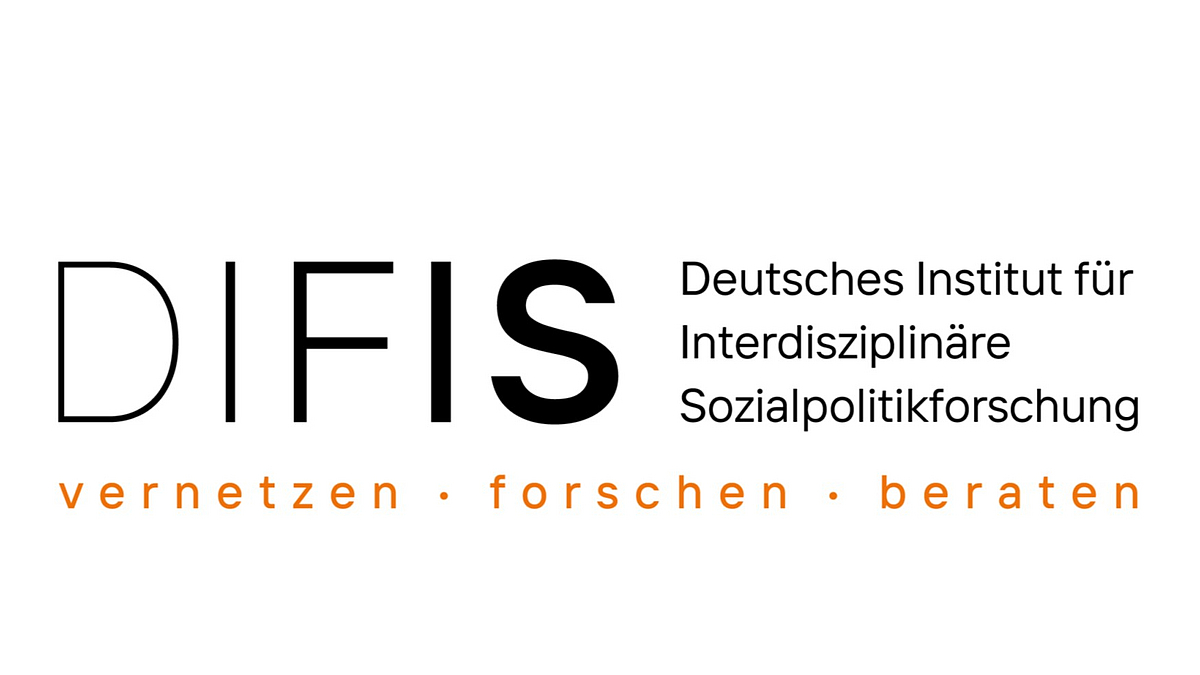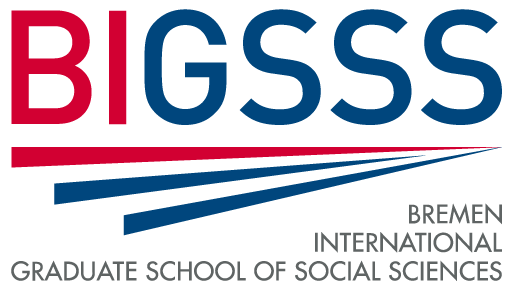Research
In addition to scientific projects at SOCIUM and InIIS, our scholars cooperate in research and transfer within the framework of various joint initiatives.
Current research initiatives include:
![[Translate to English:] vier Wissenschaftler:innen der BIGSSS [Translate to English:] vier Wissenschaftler:innen der BIGSSS](/fileadmin/_processed_/0/9/csm_001_Start2_reduced_c8c5c19099.jpg)

At the Collaborative Research Centre "Global Development Dynamics of Social Policy" (CRC 1342), our researchers investigate how social policy has spread worldwide since its inception around 150 years ago and explore country- and region-specific variants as they have developed over time. The analysis extends beyond the nation state to interdependencies between societies, and beyond the global North to the global South. The CRC produces scientific publications, working papers, op-eds, and hosts international speakers.
The German Institute for Interdisciplinary Social Policy Research (DIFIS), jointly established with the University of Duisburg-Essen, bundles social policy expertise within Germany and promotes exchanges among research, teaching and policy advice. It organizes high-level events where current and new topics in social policy are tackled.


The Research Institute for Social Cohesion (FGZ) brings together eleven German institutions and an interdisciplinary group of scholars to spotlight research on how social, cultural and political inequalities and conflicts create threats to social cohesion. The Bremen chapter of FGZ focuses specifically on the relationship between different social milieus, examining whether they are drifting further apart, and how understanding across milieu boundaries can be made possible. The FGZ prioritizes transfer of research results to society, widening the reach of publications, and creating data infrastructure that enables the long-term observation of social cohesion.
The Research Training Group "Social Dynamics of the Self" (SELF), jointly funded by the University of Bremen and Constructor University, tackles the interaction between individual action and social contexts, especially with regard to the tension between individual autonomy and social connectedness. SELF provides doctoral training for the next generation of interdisciplinary scholars that examine the relationship between individuals and their environment.


The latest research initiative on Global Solidarity (GlobaLab) integrates ongoing research strands into a new format of transnational collaboration that combines different theoretical, analytical and methodological approaches. The key question is whether and under what conditions global solidarity is possible in a fragmented world. The ‘collaboratory’ organizes public lectures and international conferences to consolidate this new thematic area of research.
